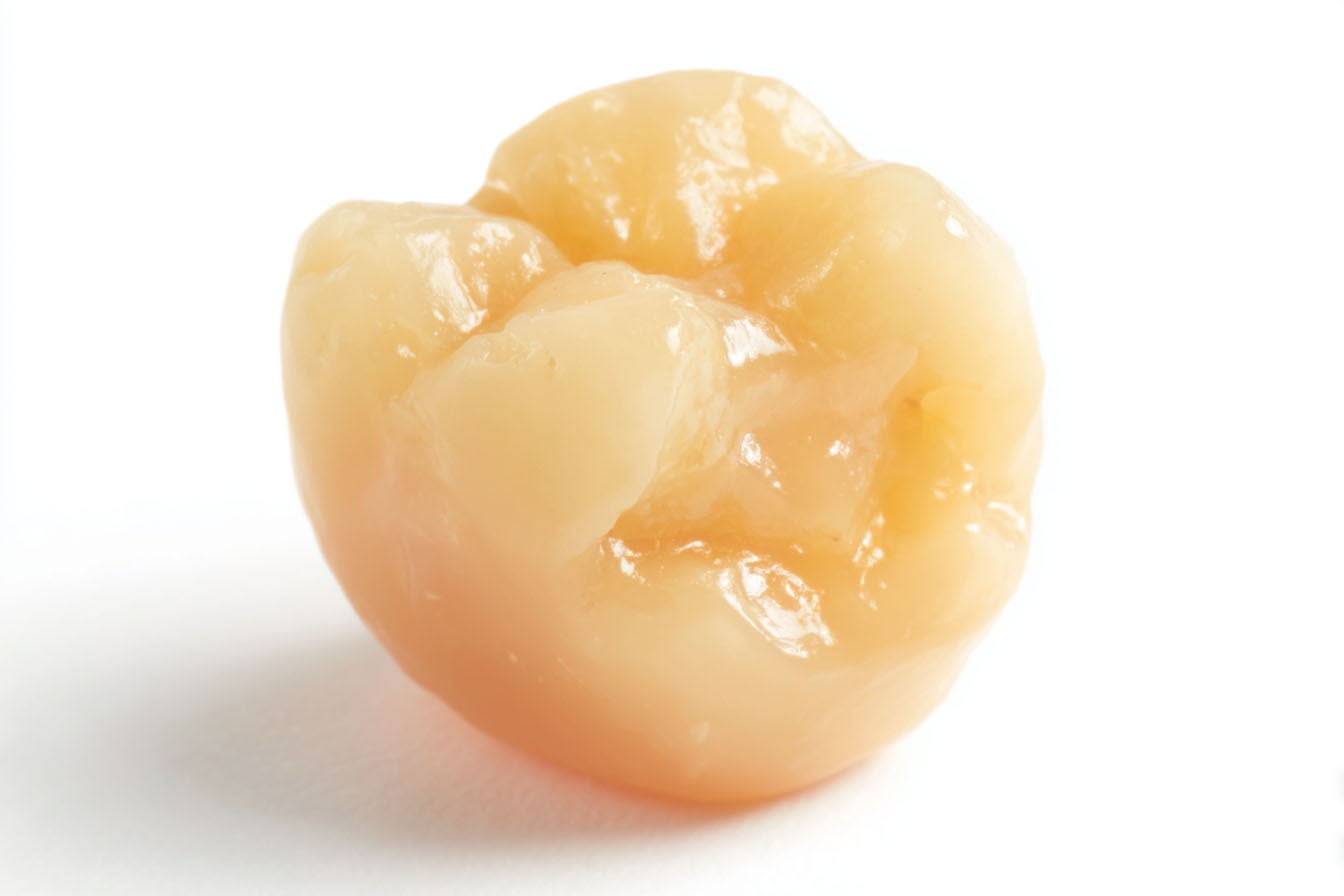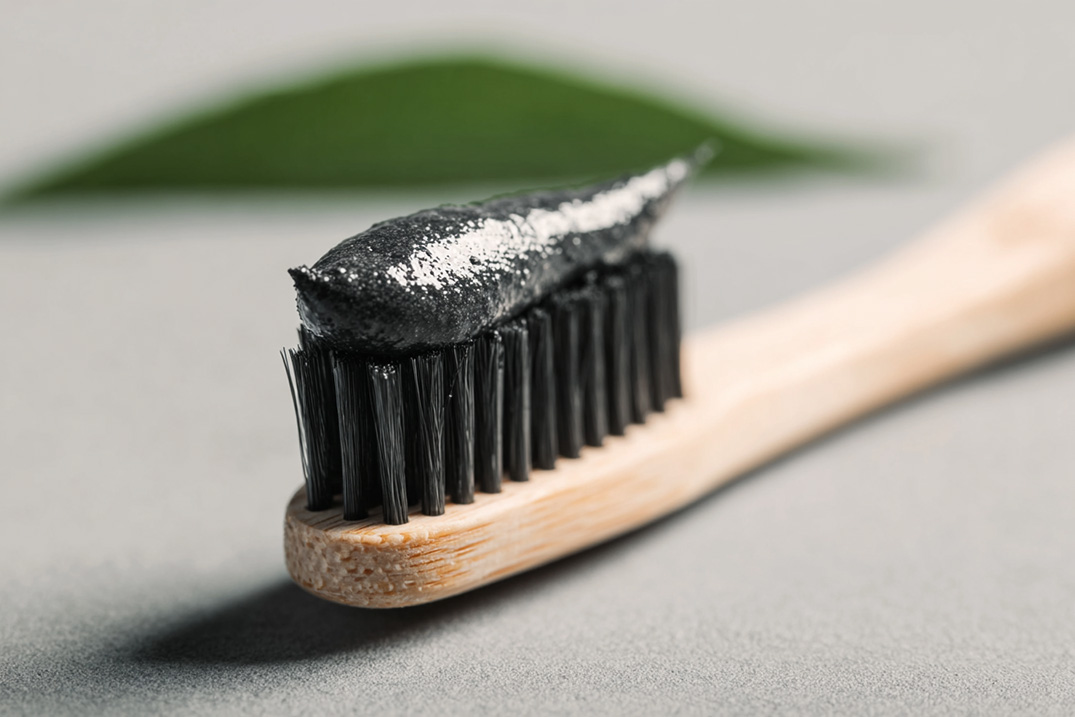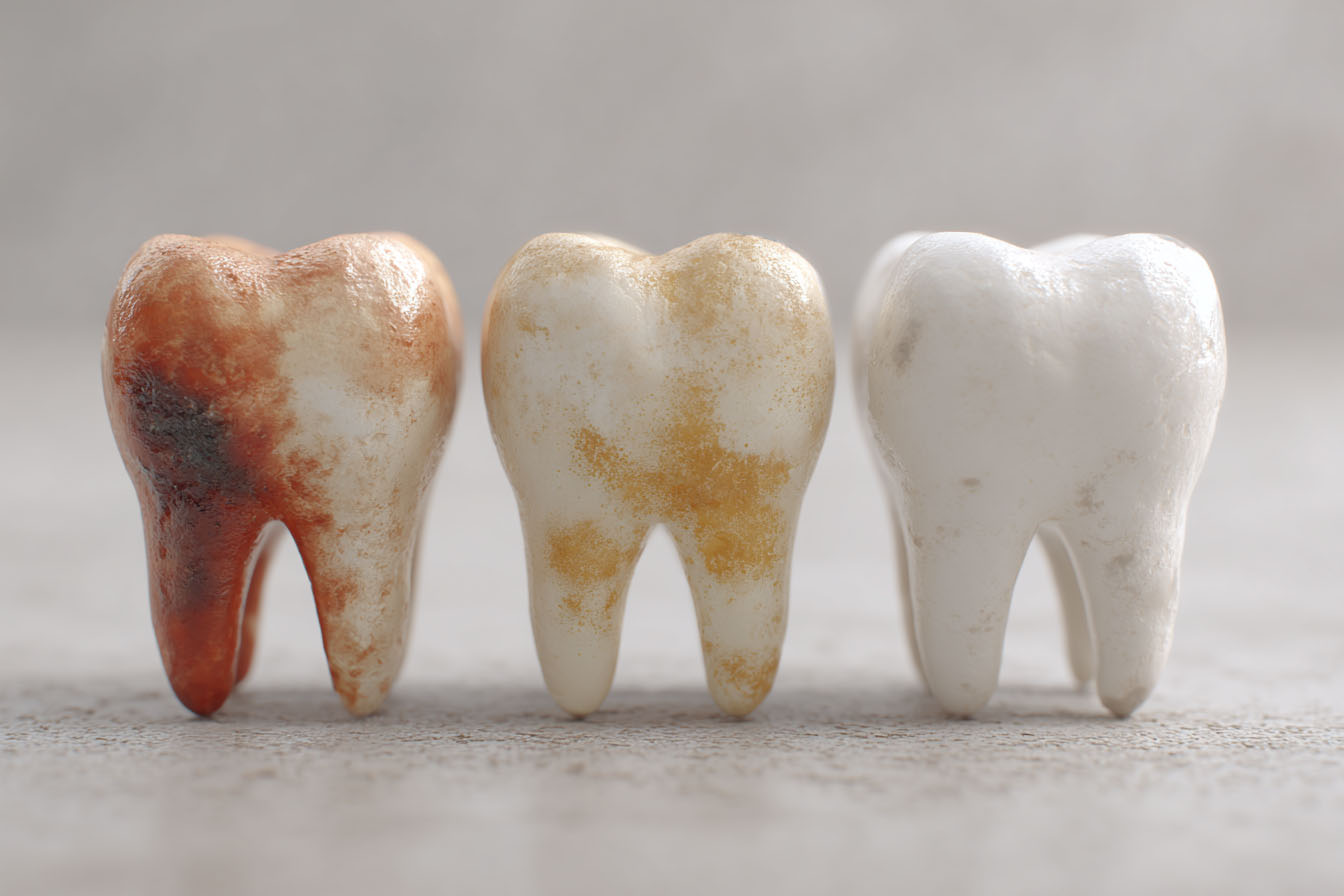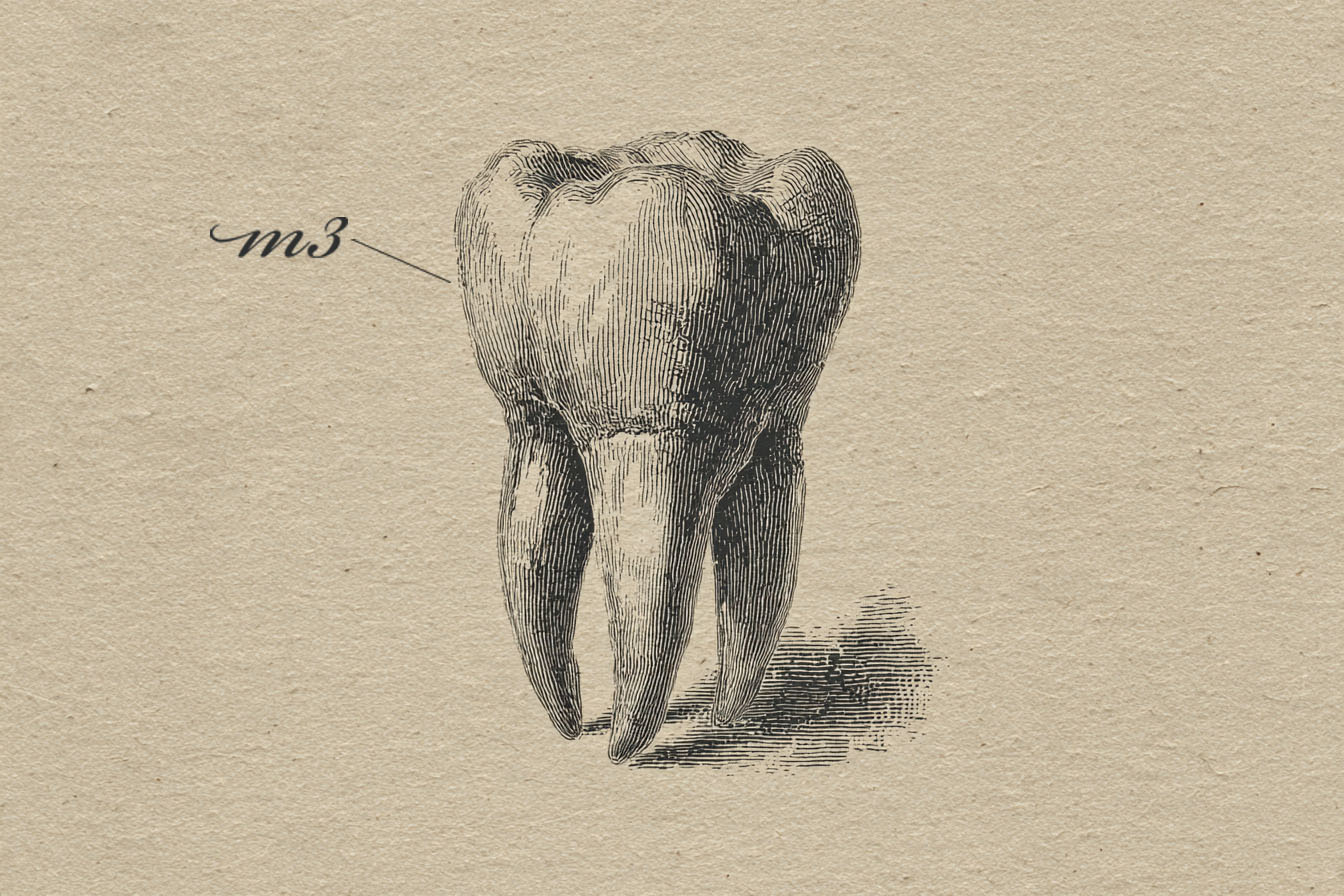Tonsil stones can be a persistent and annoying problem. You might not even know you have them until you feel a strange sensation in your throat or notice an unpleasant taste. While generally harmless, these small calcified deposits can cause discomfort and significant bad breath.
At Lima Dental Group, we believe in empowering our patients with clear, authoritative information. This guide covers what tonsil stones are, why they form, how to know if you have them, and the safest ways to manage and prevent them.
What Exactly Are Tonsil Stones?
A tonsil stone, medically known as a tonsillolith, is a calcified buildup of debris that gets trapped in the nooks and crannies (tonsillar crypts) of your tonsils. They are formed from a combination of oral bacteria, food debris, and hardened minerals.
When visible, tonsil stones appear as small white, yellow, or even gray clumps on your tonsils. However, what you see is often just the "tip of the iceberg," with a larger portion hidden from view. One of the most common indicators is their smell. The combination of bacteria and decomposing debris gives them a notoriously unpleasant odor, which is a frequent cause of halitosis, or chronic bad breath.
Why Do I Get Tonsil Stones? Uncovering the Causes
Several factors can make you more susceptible to developing tonsil stones. Understanding the root cause is the first step toward prevention. Individuals with anatomically larger tonsils have more surface area and deeper crypts where debris can accumulate. A history of frequent throat infections, like chronic tonsillitis, can also lead to scarring on the tonsils, creating more pockets for stones to get wedged into. Furthermore, chronic sinus issues are a common culprit; the constant post-nasal drip can irritate the tonsils and contribute to the buildup of bacteria. Finally, a higher concentration of bacteria in the mouth from inadequate oral hygiene increases your risk. It’s also worth noting that if you've had tonsil stones once, you are more predisposed to getting them again.
Telltale Signs: How Do I Know If I Have Tonsil Stones?
While some tonsil stones produce no symptoms, others can be quite noticeable. A key symptom is persistent bad breath, or halitosis, caused by the bacteria within the stones. You might also experience a scratchy or sore throat, or the distinct sensation that something is stuck in the back of your throat. This can sometimes lead to difficulty swallowing or a persistent cough as your body tries to dislodge the foreign debris. Because of shared nerve pathways, the irritation can occasionally manifest as ear pain. In some cases, you can see the white or yellow spots on your tonsils, which may also appear swollen.
Getting Rid of Tonsil Stones: Safe At-Home Removal
Many tonsil stones eventually dislodge on their own through coughing or swallowing. If you want to try removing them at home, it is critical to prioritize safety to avoid injury or infection.
Safe Methods Recommended by Professionals
- Gargling with Warm Salt Water: This is one of the most frequently recommended methods. The salt water can soothe irritation, reduce inflammation, and help loosen stones. Mix a teaspoon of salt into a glass of warm water and gargle vigorously.
- Gentle Coughing: A forceful but gentle cough can be enough to knock a stone loose. Be careful not to cough too hard, as it can cause irritation or make you gag.
- Gargling with Non-Alcoholic Mouthwash: Vigorous rinsing can help lower bacterial levels and potentially loosen the stone.
- Gargling with Diluted Apple Cider Vinegar: Some people find that gargling with apple cider vinegar helps break down the particles. Always dilute it—one tablespoon in a cup of warm water—as straight vinegar can damage tooth enamel.
What to AVOID: Unsafe Removal Methods
A dental hygienist strongly advises against sticking foreign objects in your throat to remove stones, as you risk serious injury and infection.
Avoid using:
- Cotton swabs
- Your finger
- Tweezers or other hard tools
There are conflicting opinions on using a water flosser. While some users report success , dental professionals warn it can be painful and cause injury or bleeding if done incorrectly. It is best to avoid this method or consult your dentist first.
Keeping Them Away: How to Prevent Tonsil Stones
Prevention is the most effective treatment. The best approach is to create a cleaner oral environment to stop new stones from forming. This starts with practicing excellent oral hygiene by brushing twice a day, flossing daily, and using a tongue scraper to reduce the overall bacteria in your mouth. Incorporating regular gargling with warm salt water or a non-alcoholic mouthwash into your nightly routine can also flush out debris and further reduce bacteria. Staying well-hydrated helps keep your mouth moist and prevents debris from accumulating, while stopping smoking is also crucial, as tobacco use alters mouth tissues and increases your risk. If you suffer from post-nasal drip, managing the underlying sinus or allergy issues can eliminate a major contributor to tonsil stones.
When Should I See a Doctor for Tonsil Stones?
While many cases can be managed at home, you should consult a professional if your tonsil stones are a chronic issue. It's time to see a dentist or an Ear, Nose, and Throat (ENT) doctor when at-home remedies are not effective, the stones are causing significant discomfort, or you have signs of infection like severe pain and redness. If the problem is recurring and affecting your self-confidence or quality of life, a professional can offer solutions. For severe, chronic cases of what is sometimes diagnosed as "cryptic tonsillitis," a tonsillectomy (surgical removal of the tonsils) may be considered a definitive solution.
Your Partner in Oral Health
Tonsil stones are a common but manageable issue rooted in oral hygiene and anatomy. By practicing diligent prevention and using safe removal techniques, you can often keep them under control.
If you are struggling with persistent tonsil stones or have concerns about your oral health, don’t hesitate to seek professional advice. Contact Lima Dental Group today to schedule an appointment and let us help you find a solution.









.png)



